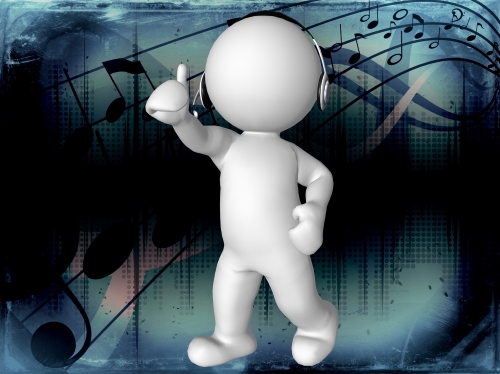I’ve been thinking quite a bit about the role musical education plays in audio mixing. There have been numerous threads about the subject in several on-line forums, and the responses seem evenly divided between “not needed but it doesn’t hurt” and “it’s actually a hindrance” and “it certainly helps.”
Because I earned a degree in music performance, I’m biased on the subject, with my opinion leaning toward the “it helps” camp. Still, I can’t help but wonder if it really does…
When evaluating the handiwork of mix engineers, there are plenty of guys and gals that indeed do not have formal musical training. An obvious example is Al Schmitt, who’s earned a stockpile of Grammy Awards for efforts with artists such as Frank Sinatra, Toto, Diana Krall and numerous others.
Even though he’s a studio engineer, I think his example can still be applied to sound reinforcement. One thing’s for sure – Mr. Schmitt has never been called “unmusical,” or at least I’ve never heard it said.
My hunch is although he doesn’t have “formal” musical training, he still has listening skills quite sensitive to musical aesthetics, an amazing sense not only for the technical but also for how all of the sounds relate to one another in context.
This leads us to a key point: for the best results in audio mixing, context is vital. But can it be taught?
Matter Of Style
With any art form, there are those who specialize in a particular style and then those who seem to be able to transcend their particular era and become “timeless.” Relating this to audio, I’ve heard mix engineers who seem to meld their style of mixing to the music itself, while others try to force the music into their mixing style.
Back when I was touring as a mix engineer for the Airmen of Note (U.S. Air Force Jazz Band), I found it was important to spend time with the band in rehearsal to get a sense of the issues at hand: arrangement, internal balance within sections and between sections, and the general “feel” produced by the music.
In the process, I came to the conclusion that the drums, along with the bass, generate a certain rhythmic element that actually drove the way the horn players stayed “in the groove.” It was an actual physical thing, where the acoustic wave from the kick drum had an impact on the diaphragms of the horn players. Stand close enough to this type of group while they’re playing, and you can pick up this sensation.
So I set about trying to bring some of that feel to the audience while I mixed, but without making it too overpowering or “rock ‘n’ roll” – which I felt would not be representative of the big band style. The approach involved how I mic’d the drums (three mics – kick, and two overheads), use of EQ (not much, except to bring out certain things and make sure other elements didn’t become overbearing) and setting the drum levels relative to the rest of the mix (supporting the sound).
I felt that the result was a convincing live portrayal of the band, bringing out the dynamics and impact they worked so hard to do attain, but without too much power from the rhythm section. But did my music education help me attain this, or was it some innate musical sense that can’t be taught?















